20 Best True-Story-Based Movies on Prime Video Right Now
Whether to learn from them or to simply reminisce on them, there are people, places, and moments that are so notable that they have to be remembered through film. Art imitates life, and all that jazz. It’s because of this that biopics and docudramas are beloved genres, so every single streaming site would likely have a good selection, including Prime Video. But if you’re having a hard time finding them, or if you simply want to find some underrated true-to-life stories, we’ve listed a few below that you might enjoy.
Jump to the top 10:
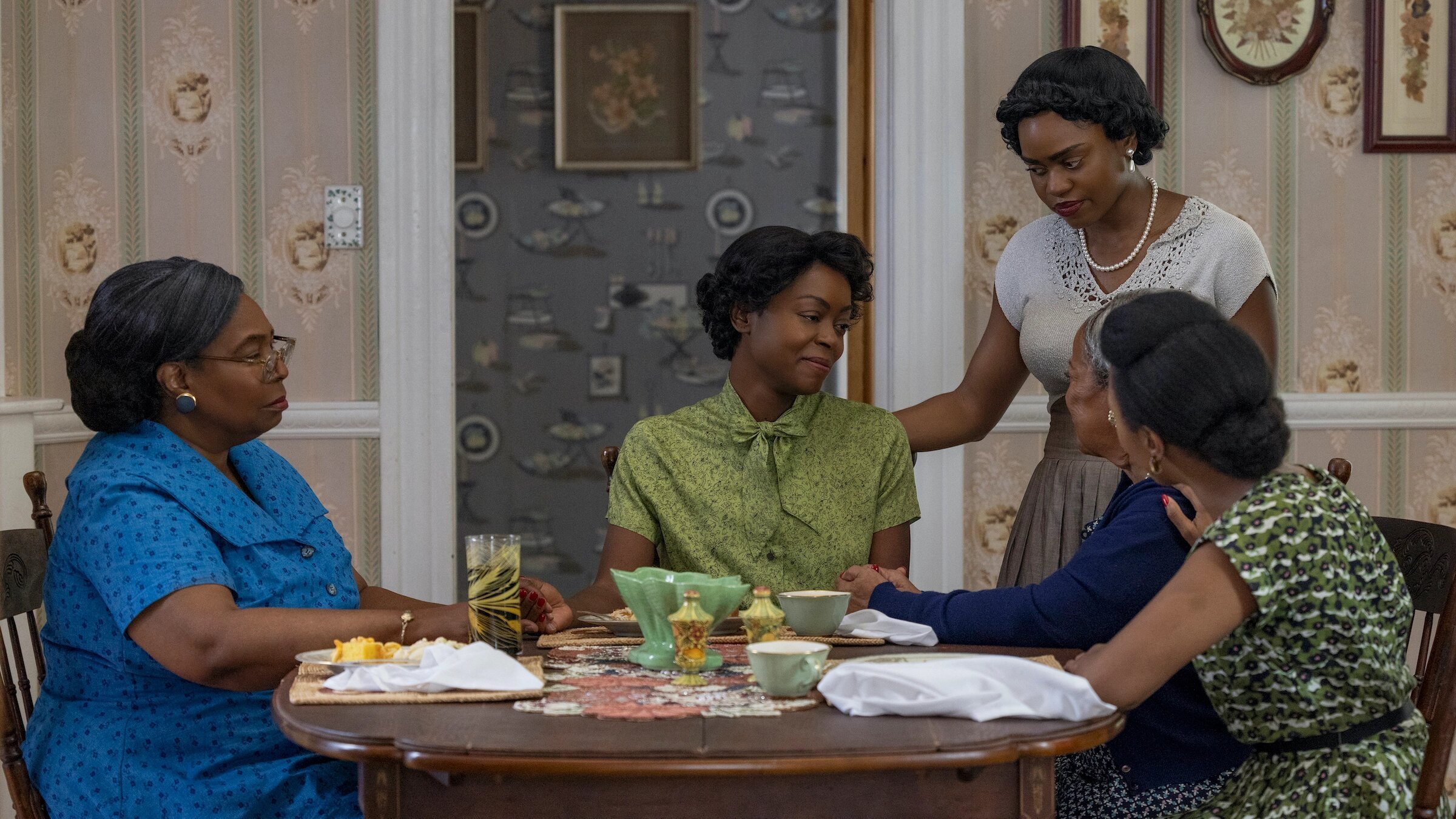
Till is a very political film. It’s charged with the kind of rage and electricity that enables thousands to mobilize for a cause. But before it explodes into something grand, it begins with the small details of everyday life. A mother admires her son as he dances to his favorite song. She buys him a new wallet and goes over the things they’ll do over the summer. These things seem trivial, but they reveal the humanity that sometimes goes overlooked in telling epic stories such as these.
To be sure, Till is a necessarily brutal film about grief and justice, but it’s also about how political movements are borne out of small and personal devastation. This nuance, along with a jaw-dropping performance by Danielle Deadwyler, makes Till a standout: a powerful entry in a long line of social-issue dramas.
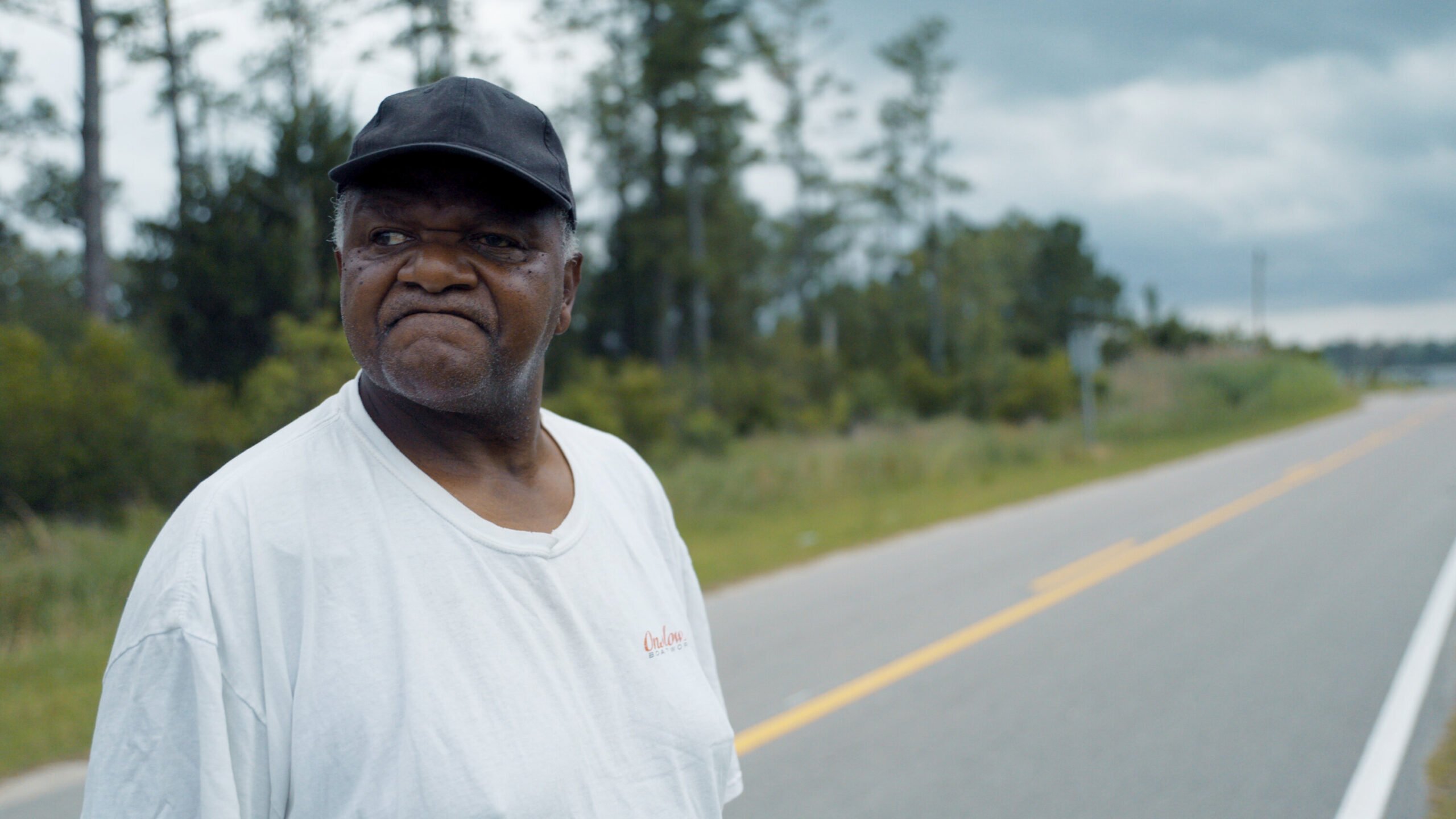
Silver Dollar Road isn’t a new story– it’s one of many that comes as a consequence of systematic Black land loss that continues to happen to this day. Director Raoul Peck tells it in a new way, completely focusing on the Reels family and hearing their story entirely, from the initial confusion to two of the homeowners’ incarceration, and remembering the good old days when they used to enjoy the land. The land dispute has escalated to years of harassment, imprisonment, and being taken advantage of from opportunistic legal counsel. While it could have benefitted from from detailed legal proceedings, Silver Dollar Road still powerfully depicts an intimate family story that outlines the systemic racism enabling Black land loss today.
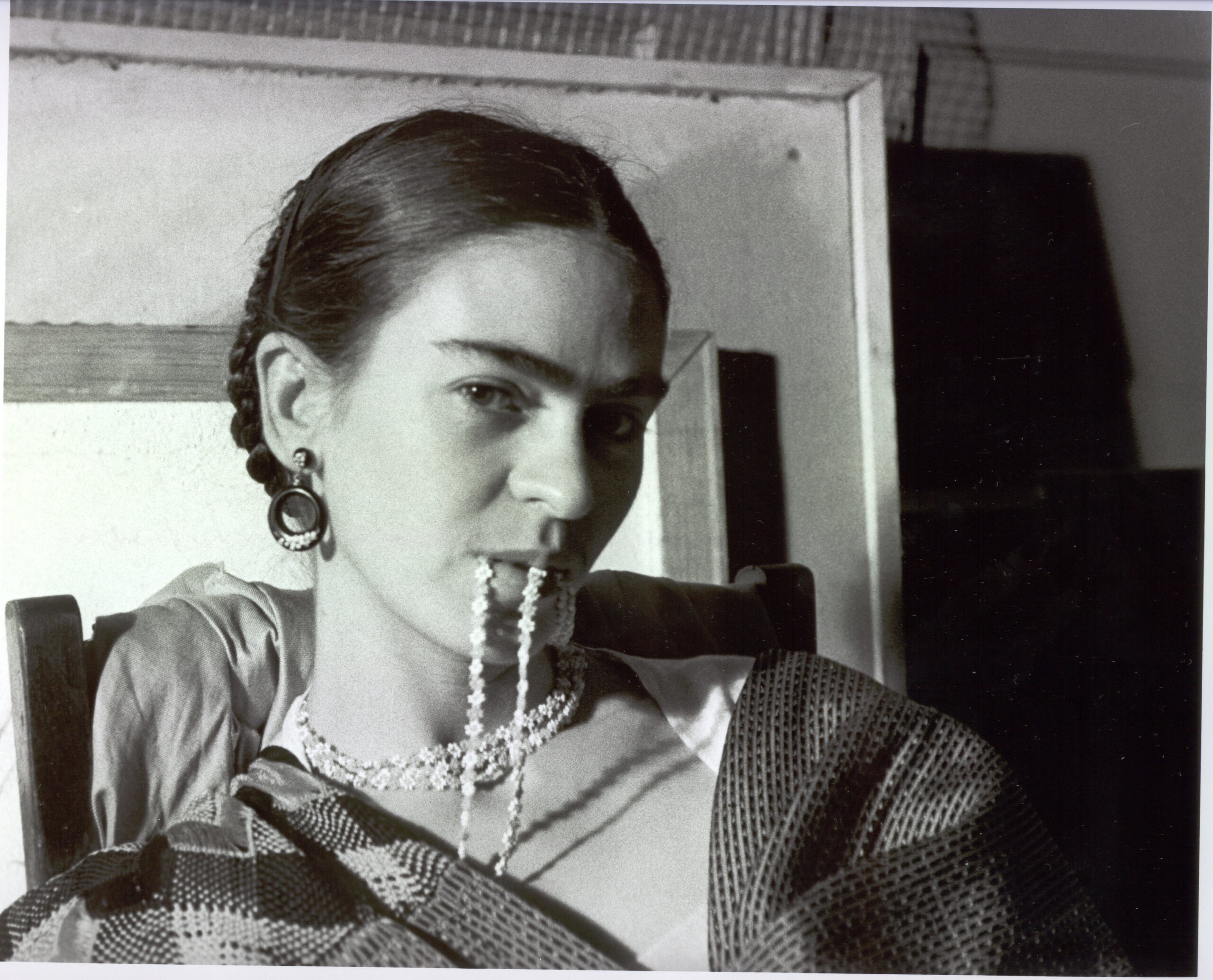
Frida Kahlo is an iconic Mexican painter, not just because of her outstanding art, but also because of her outlook in life, despite her ill health and tragic accident. Because of this, she has been talked about in multiple books, movies, and exhibitions, but a new documentary has popped up, this time from her own words. Carla Gutierrez’s directorial debut is a revelation, voiced primarily in Frida’s native Spanish and paired with key archival footage, vivid animations of her paintings, and an excellent acoustic score plucked from classical guitar. Being a biographical documentary, fans of the artist would, of course, be familiar with her life events, but Gutierrez’s approach is still worth watching, mostly because it’s Frida’s own words driving the film.
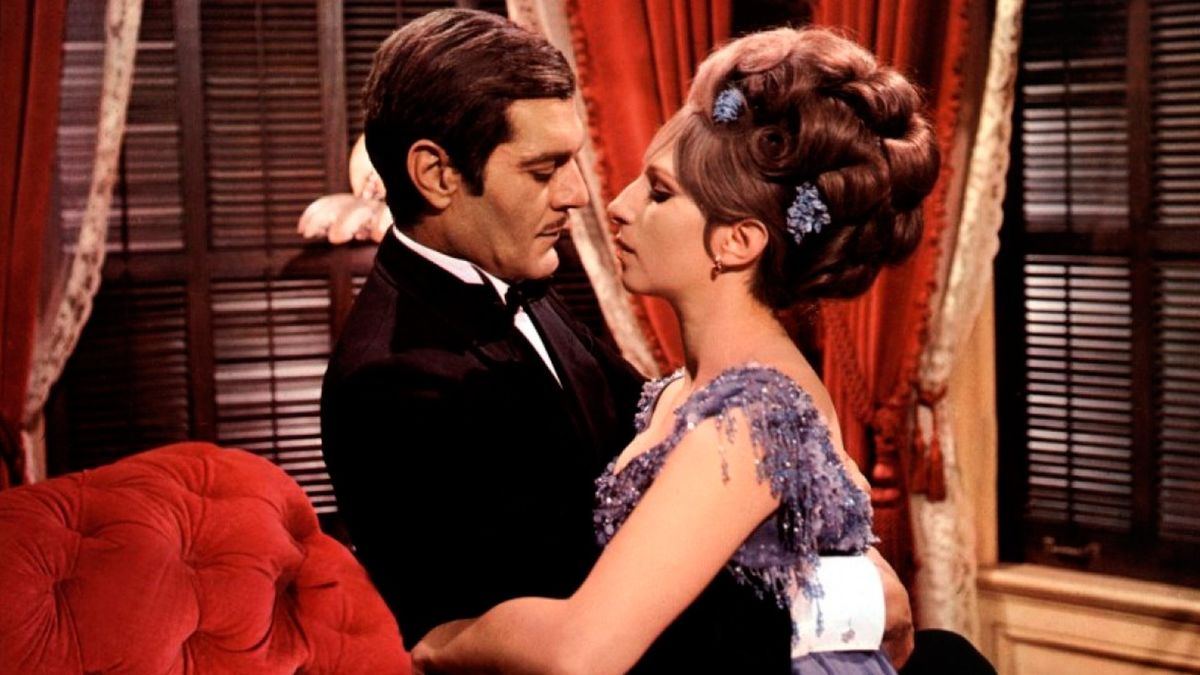
Ostensibly about Fanny Brice, there could never be any other Funny Girl than Barbra Streisand. Reprising her role on stage, she practically immortalized the story on screen, carrying it through her immaculate performance, compelling chemistry with Omar Sharif, and of course, the spectacular song numbers. She’s one reason as to why Funny Girl became one of the few Broadway musicals that survived the transition between mediums, but director William Wyler matches her star power with impeccable framing and the script written by Isobel Lennart was, and still, timely with its observations of the spotlight, the art of comedy, as well as wholeheartedly chasing what you want in spite of the consequences. Funny Girl showcased the best of Hollywood and the best of Broadway all at once.
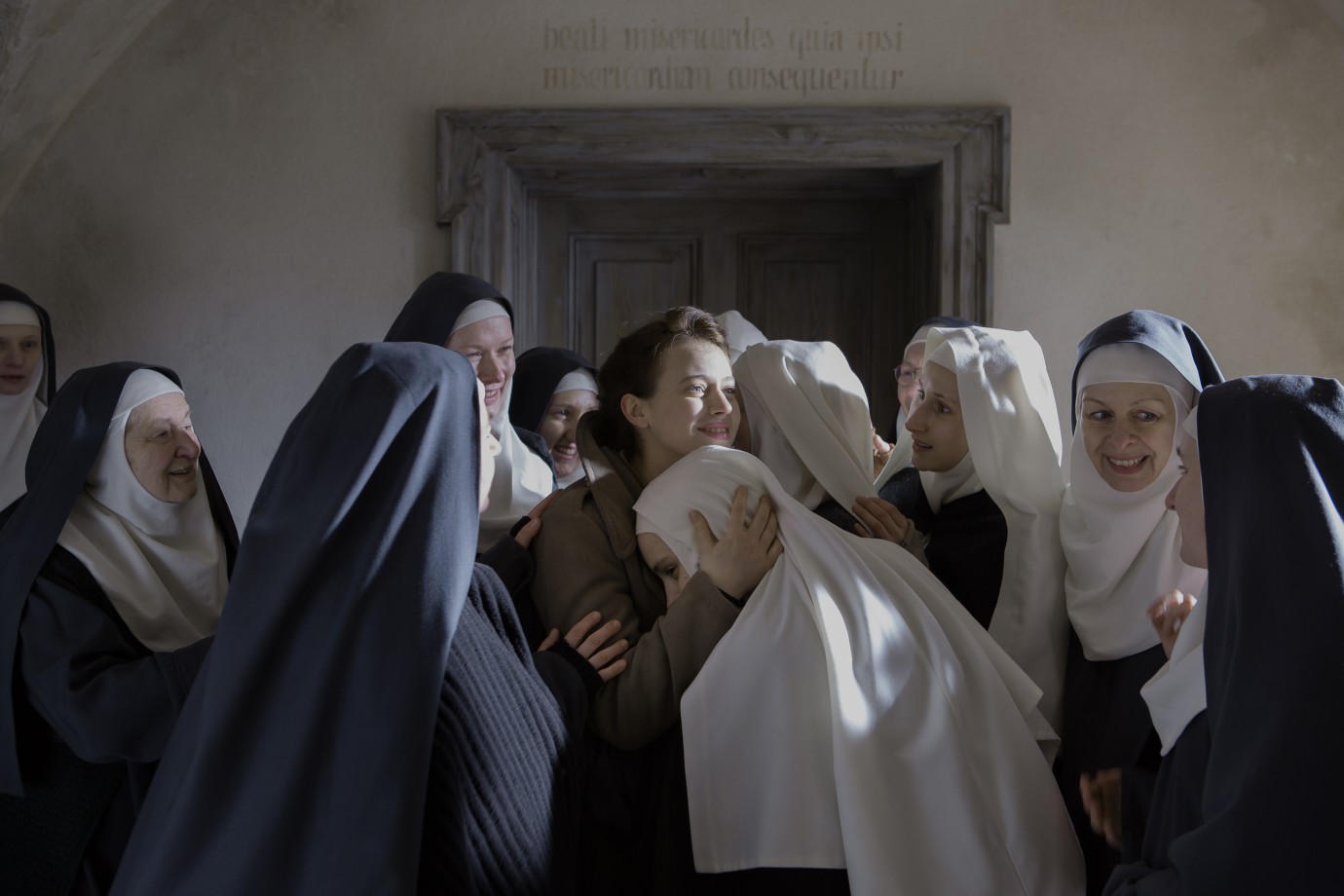
When depicting war and faith, it seems like men are the only ones that have to undertake these challenges, at least it seems, in the stories made available about these topics. But that simply isn’t true. The Innocents is one of the few reminders that, while women might have been kept from the front lines, war has spared no one. Through stark and wintry shots, and a solemn direction, writer-director Anne Fontaine crafts tense conversations between an atheist doctor and her nun patients, making all of them reckon with the ways trauma has shifted their present principles and future actions, in a sensitive way that has rarely been seen before. While the resolution can come across as a bit too sudden, The Innocents nonetheless is a compelling study of faith.
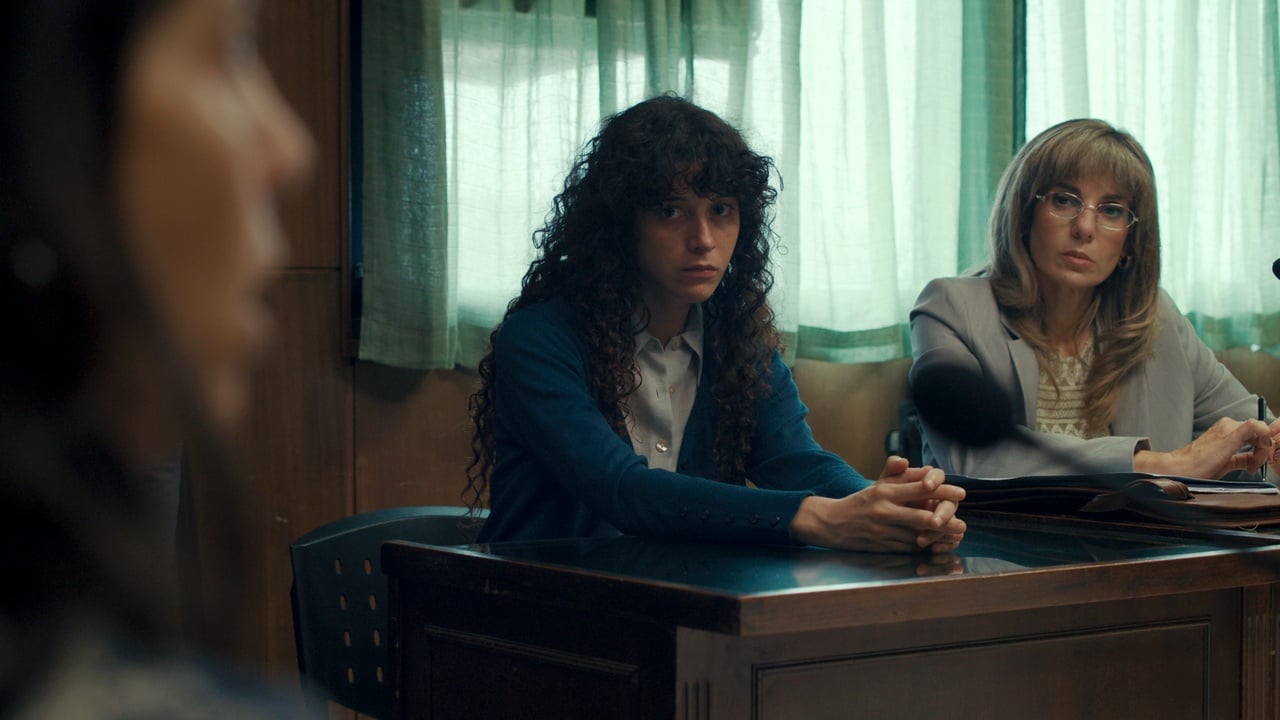
Given that this is based on a recent, real life case, and the defendant has chosen to remain behind the titular pseudonym, it makes sense why Belén doesn’t focus entirely on her. We don’t get to know much about the defendant other than the case reveals. That being said, what was given is already infuriating enough. Filmmaker Dolores Fonzi, who also stars as her lawyer Soledad Deza, gathers a compelling defense, starting everything off with the terror and confusion Belén’s hospital check-up turns into her arrest. It strengthens the somewhat standard legal proceedings that is to follow, but nonetheless effectively highlights the multiple ways Argentina’s institutions have failed Belén. But what makes Belén so compelling is the way it also celebrates the movement formed around her case. Belén strikes at the core of the injustice made, with the same determination that secured her freedom, and the rights of every woman in the nation.
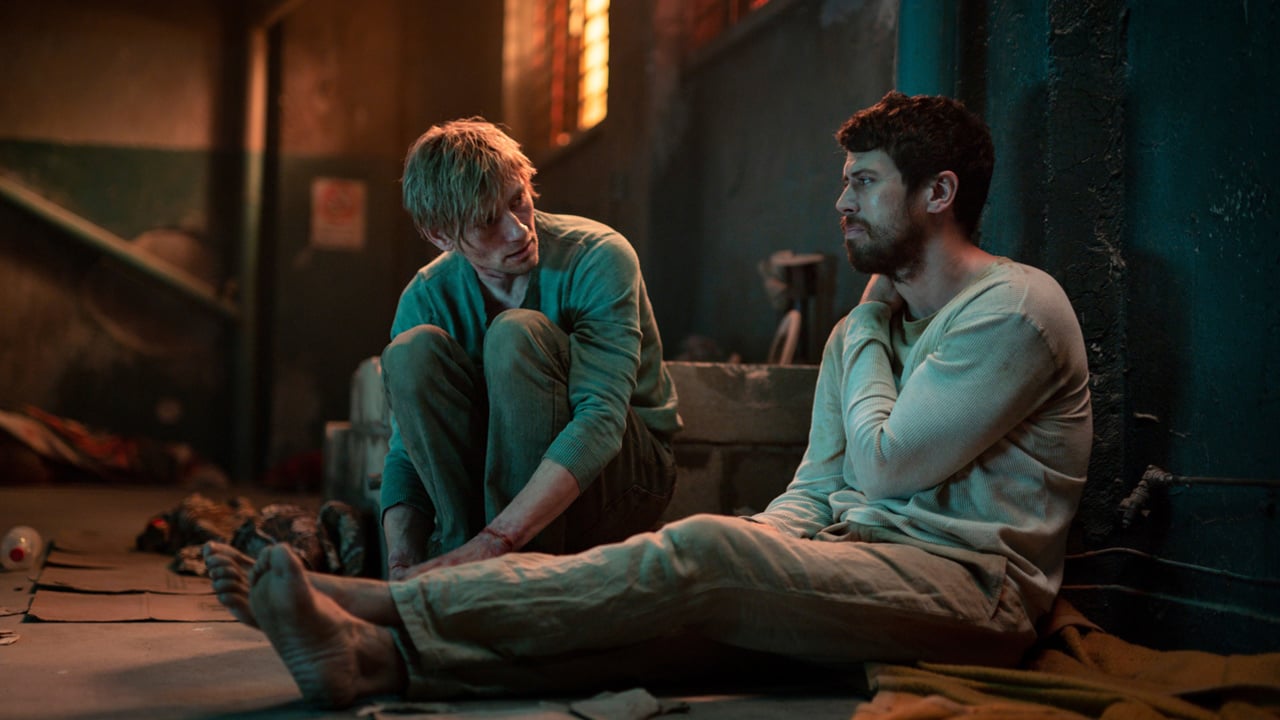
The real life situation behind this harrowing drama is quite extraordinary, so adapting Daniel Rye’s captivity straightforwardly would already intrigue viewers into watching it. However, Held for Ransom does more than depict his torture. Alternating between his captivity and the fundraising efforts back home, the film examines the way they have all responded to the unimaginable, the horrible experience that they have gone through because of extremism. The imprisonment sets the stakes, but the humanity held onto by the hostages, the fierce love of Daniel’s family that would bring him home, and the human cost of non-negotiation pushes this story into somewhere new.
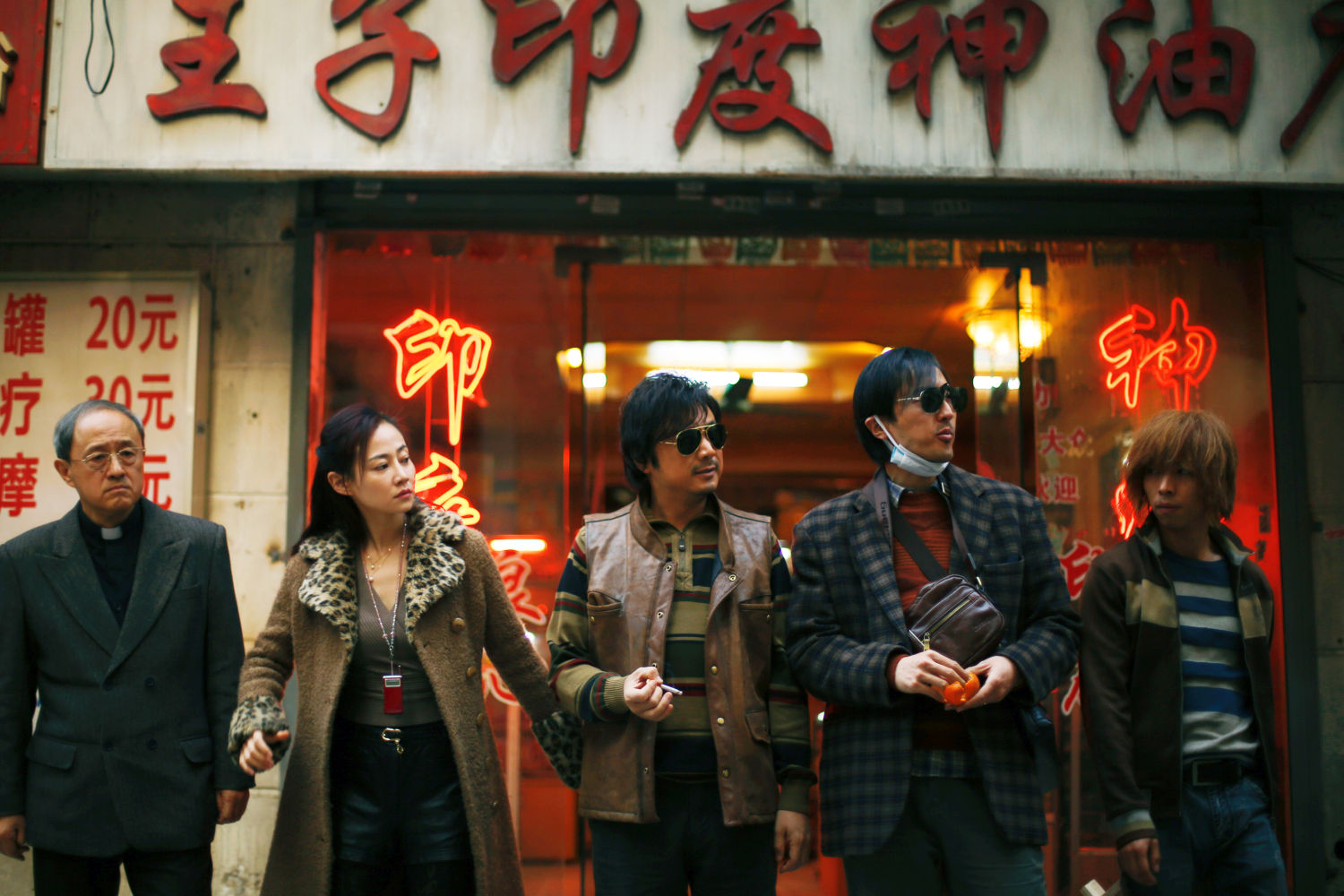
Robin Hood might be a centuries old folk hero, but his reincarnations seem to pop up in real life, including the true story behind Dying to Survive. Alternatively translated as I’m Not A Medicine God, the modern day Chinese iteration is initially less concerned over the common good and more concerned with money. It makes for a much more humorous take, as the ordinary peddler bribes, smuggles, and asserts his desire for profit, but it also sets up the real desperation created by a medical drug industry that hopes to incentivize research and protect consumers, but inadvertently blocks the very people that needs said drugs. Dying to Survive might focus more on the smuggler than critiquing this conundrum, but nonetheless it understands the real recurring tragedy that modern life can’t seem to completely solve.
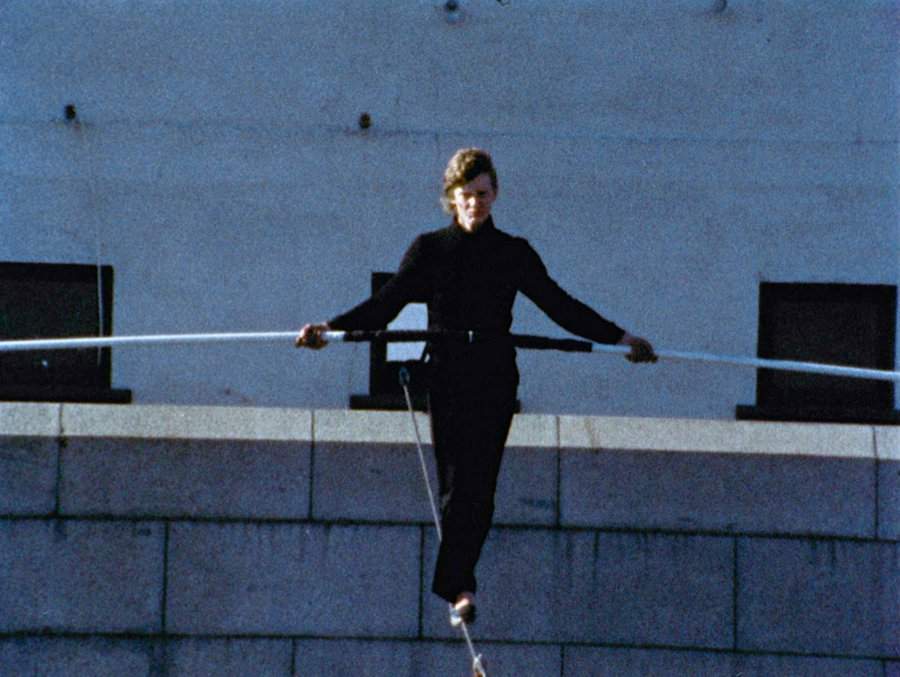
Man on Wire is a true technical masterpiece. You can almost feel the director telling the cameraman what angle to choose, or thinking about the questions that will generate the most resounding answers. However, this does not diminish the story this documentary tells one bit. It’s one that is glorious, riveting, and fun. It’s one where you feel like an insider to a world lived on and below wires, with high-stake risks. Hopefully the edge of your seat is comfortable, because this is where the movie will keep you till the very end.
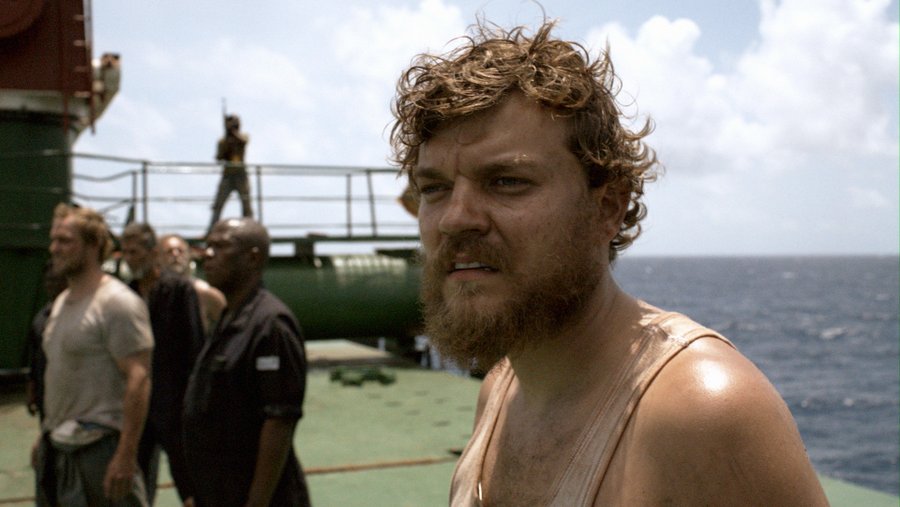
A Danish cargo ship is hijacked by Somali pirates in the Indian Ocean. The pirates demand millions of dollars in ransom and from there on, a psychological drama between the pirates and the ship owner develops, as they negotiate the price for the ship and its crew. A really great thing about this film is the fact that it doesn’t get tangled up in the weepy feelings of the families back home – but instead focuses on the shrinking hope of the ship’s crew and the psychological consequences of the brutal negotiation, that drives the ship owner to the edge of madness. Inspired by a true story. Brilliantly acted.
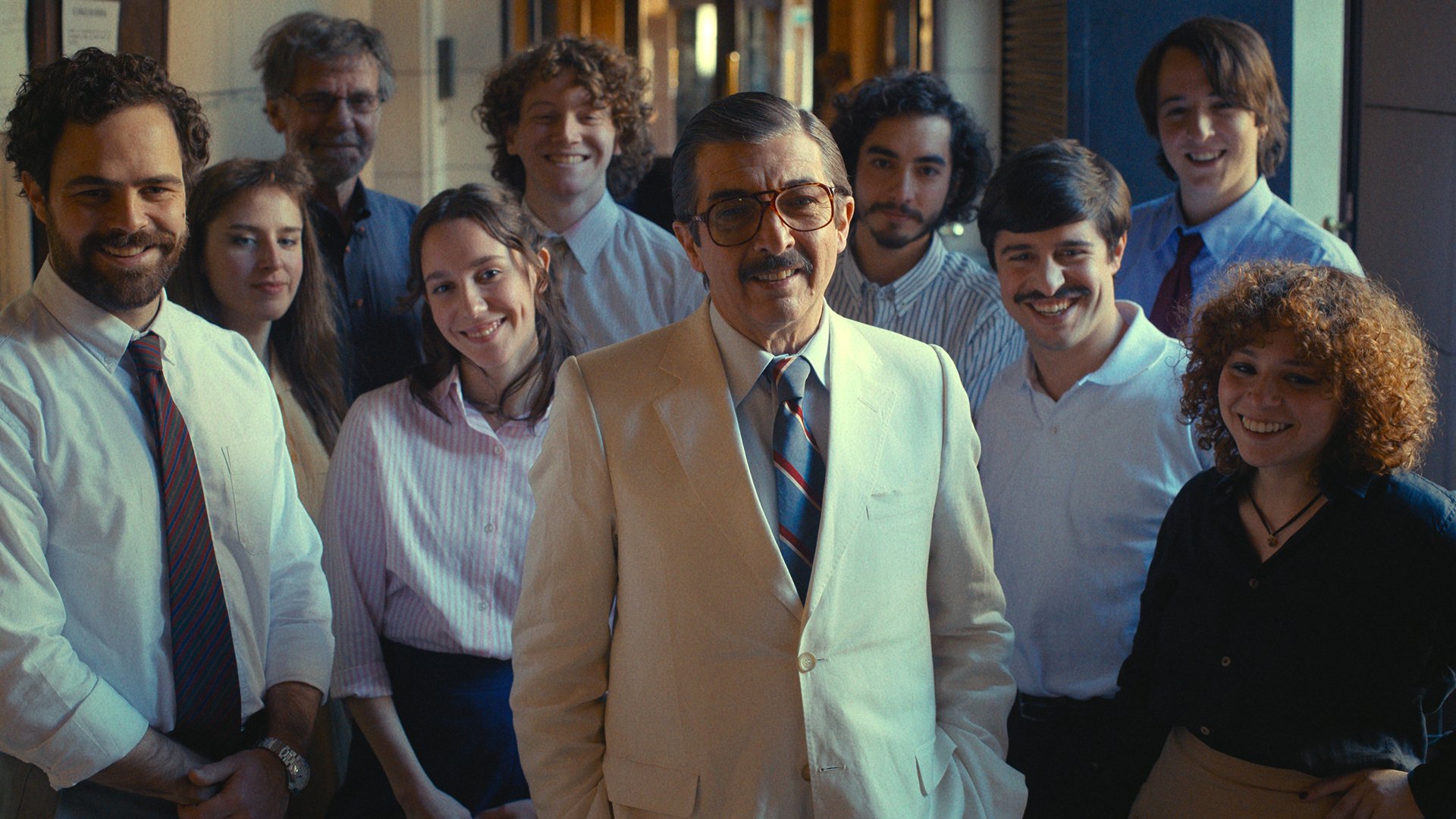
Argentina, 1985 is a legal drama about how a prosecutor and his young team were able to mount evidence—despite all threats and odds—against the officials behind a brutal military dictatorship. The public trial is supposedly the first of its kind in Latin America, a marker of true democracy that made a hero out of Julio Strassera and Moreno Ocampo, who both led the case.
Despite the presence of very serious themes, there are moments of lighthearted humor here that work to stress the film’s underlying message of goodwill and perseverance. Argentina, 1985 competed at major festivals this 2022, and it’s Argentina’s official entry at the 2023 Academy Awards.
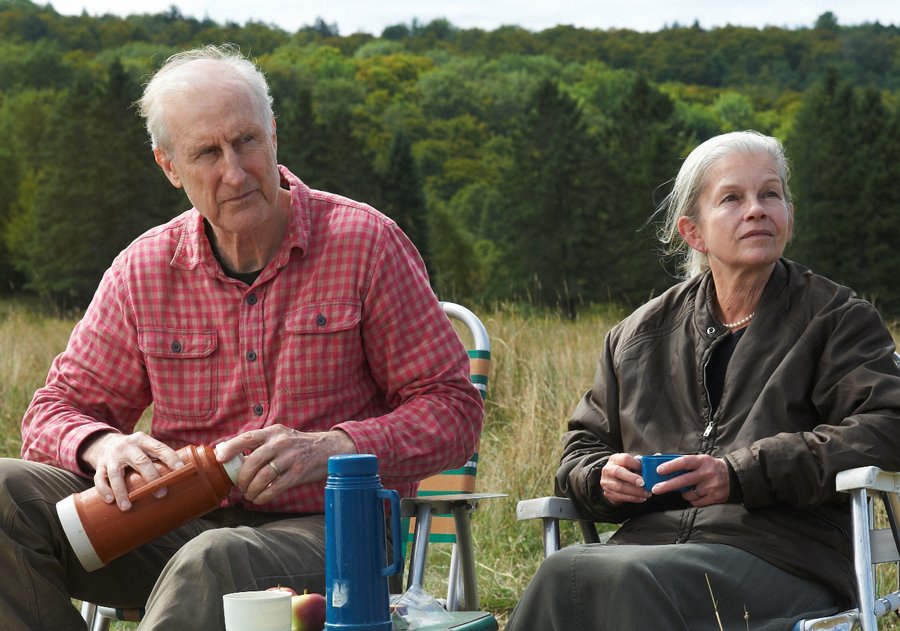
A slice-of-life true-story-based film on growing old and in love. When on his own land, Craig Morrison (played by James Cromwell) starts building a more convenient house for his ailing wife Irene (Geneviève Bujold), he is faced with crippling bureaucracy. The state gives him the choice between stopping the construction or going to jail, while he is witnessing his wife’s health deteriorating even further. The act of going against the system brings out both how beautiful his relationship with his wife is, as well as his own resilience in this moving, insightful drama.

A revelation of a movie, both in filmmaking and commercial success. While little-known abroad, it has made more than $42 million in US Box Office revenue out of a tiny $5 million budget. Kumail Nanjiani, stand-up comedian and star of the show Silicon Valley, tells his own story of romance with his now-wife Emily V. Gordon (who co-wrote the movie). Because it is based on a true story, and because it is the product of the love of both its writers and stars, this movie is incredibly heartfelt. It is also timely, addressing heavy themes such as identity, immigration, and family relationships. Not to mention it is absolutely hilarious. And it’s produced by Judd Apatow. Trust me and go watch it.
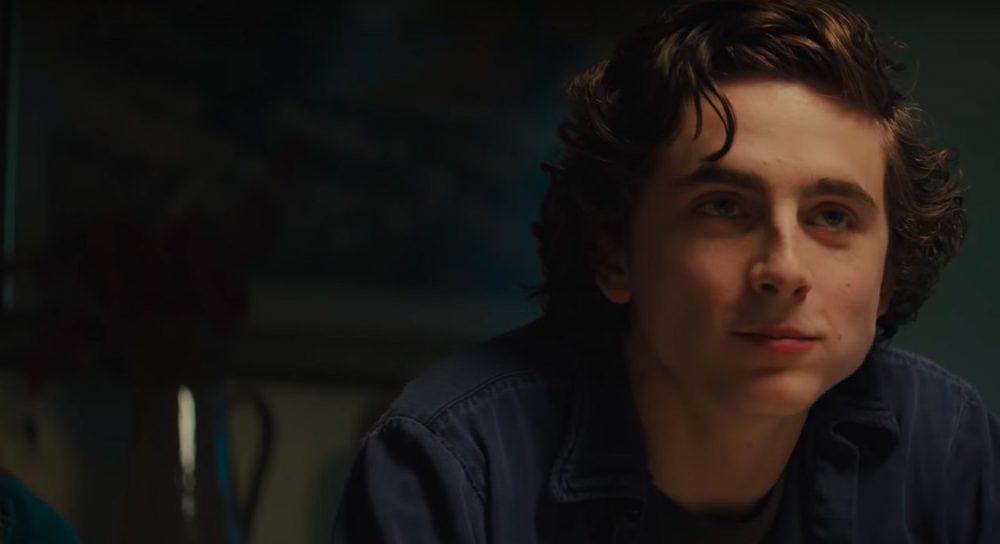
Steve Carrell delivers an amazing performance here. Beautiful Boy is a movie that is based on a true story that first appeared as a best-selling serialized memoir.
It’s about a son’s journey through drug abuse and how his relationship with his father evolves. The son is played by Timothée Chalamet (Call Me By Your Name), Carrell is the dad.
As you can probably guess, the themes of drug addiction and family are made to induce tears, which this movie manages to do in a lot of ways. It can come across as somewhat emotionally manipulative at times. In those moments, it helps to remind oneself that it is based on a true story.
The performances and the exploration of the limits of the father-son relationship remain the reasons why you should consider watching this movie.
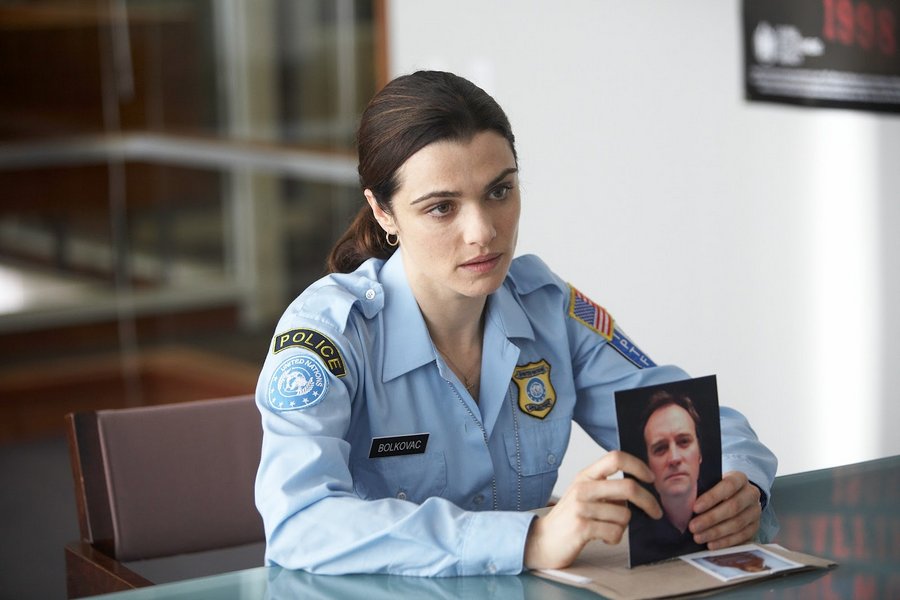
Based on a true story, The Whistleblower is the biography of a once Nebraskan police officer who volunteers for the U.N. peacekeeping mission in post-war Bosnia. Once there, she uncovers a human trafficking scandal involving peacekeeping officials, and finds herself alone against a hostile system in a devastated country. Rachel Weisz plays the whistleblower in a powerful lead role, but the true star of the movie is its director, Larysa Kondracki, who thanks to near documentary-style film-making delivers a perfectly executed political thriller with utmost authenticity.
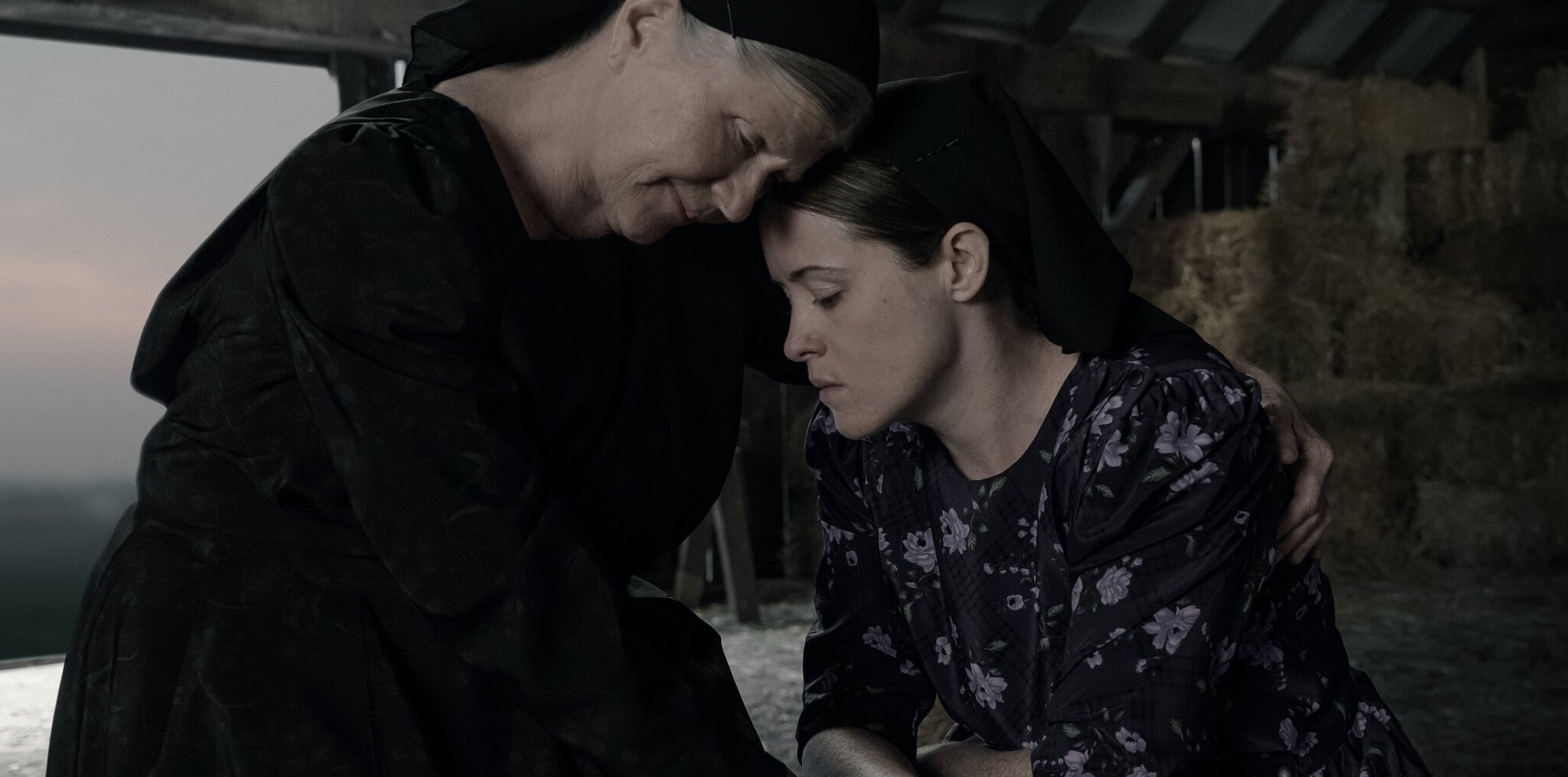
Not much happens in Women Talking, but what it lacks in action it more than makes up for in message. As the wronged women of an insular Christian colony decide whether they should leave or stay in their community, valuable points on each side are raised and debated fiercely. Are the men at fault or is there a bigger problem at hand? Is it sacrilegious to refuse forgiveness? Will leaving really solve anything?
The women of this ultraconservative and anti-modern community may not know how to read or write, but years of toiling away on land, family, and faith have made them wise beyond their years, which makes their discussion all the more captivating and powerful. Relevant themes, coupled with director Sarah Polley’s poetic shots and the cast’s all-around stellar performances, make Women Talking a uniquely compelling and timeless watch.
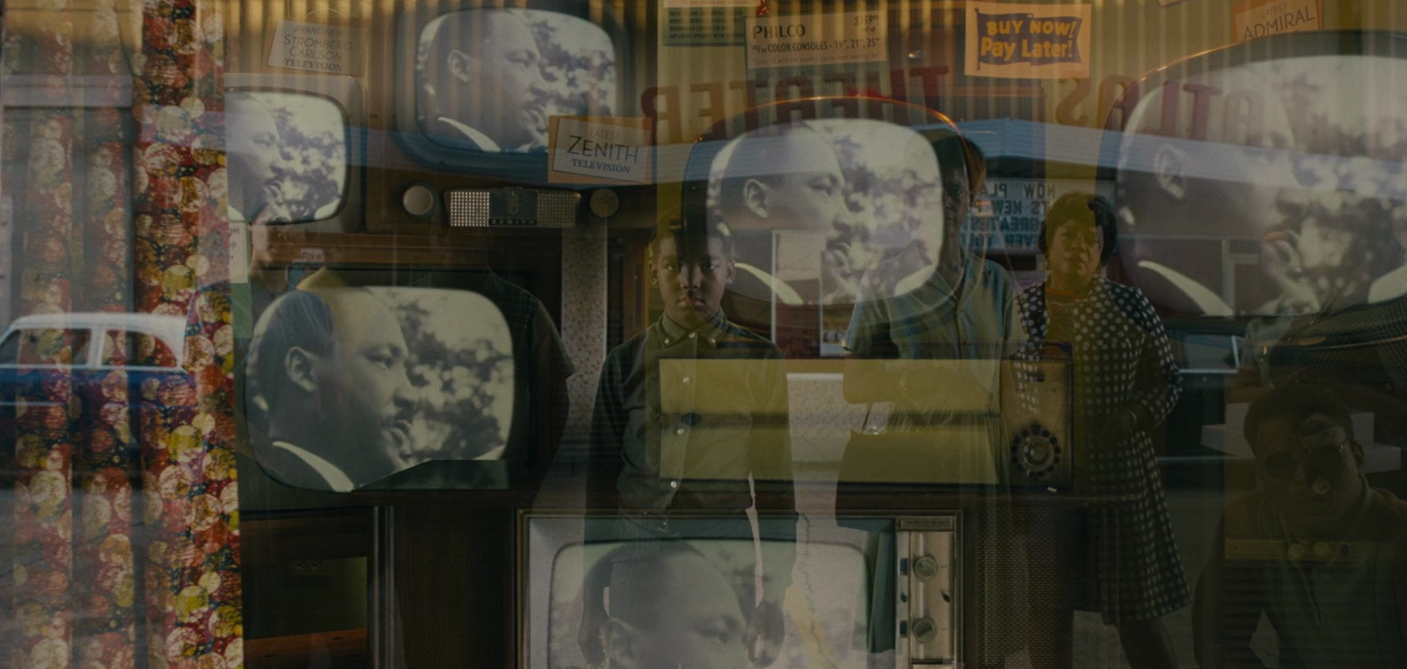
The first things that grab your attention in Nickel Boys are its beauty and technicality. Director RaMell Ross, a large-format photographer, ensures every frame relays something deep, intimate, and moving. Then there’s how he takes these shots: we see things unfold through the POV of Elwood and Turner, students at an abusive reform school in Tallahassee, Florida. The year is 1962, and even though the civil rights movement inspires Elwood and his peers to stand up for themselves, the political climate is as skewed and violent as ever. Nickel Boys tells the unfortunately common story of how Black men, in particular, had to endure unimaginable abuse during the Jim Crow era in the South. What is uncommon, though, is the sensitivity and boundless inventiveness with which Ross tells this story. Yes, violence is unavoidable in a story like this, but Ross swaps trauma porn with something more effective and chilling—a mixture of silence, archival photographs, time jumps, and that immersive POV, which forces you to be in Elwood and Turner’s shoes. The world before them may be brutal, but inside, they hold space for beauty, fun, relationships, and wonder, manifested in the film in dreamy visual sequences. What Ross does is art in the highest form, an unforgettable balance between style and substance.
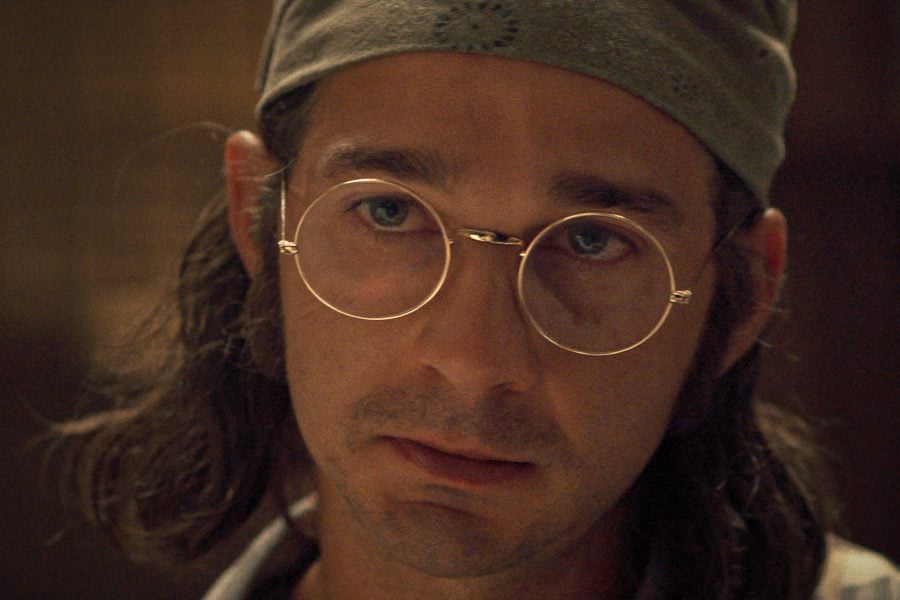
There is so much power to this story based actor Shia Laboeuf’s life. As a kid, he lived with his father on the road during the filming of Even Stevens and other star-making roles. His dad was a war veteran who goes to bikers’ AA meetings and who had a brief acting career himself. He was full of anger that made Laboeuf later suffer from PTSD, but which he was able to perceive in a fascinating way.
Putting Laboeuf’s fame aside, this is an incredible movie on emotionally abusive parent-child relationships. It’s a universal story. With Shia Laboeuf as his father and Lucas Hedges as current-day Laboeuf.
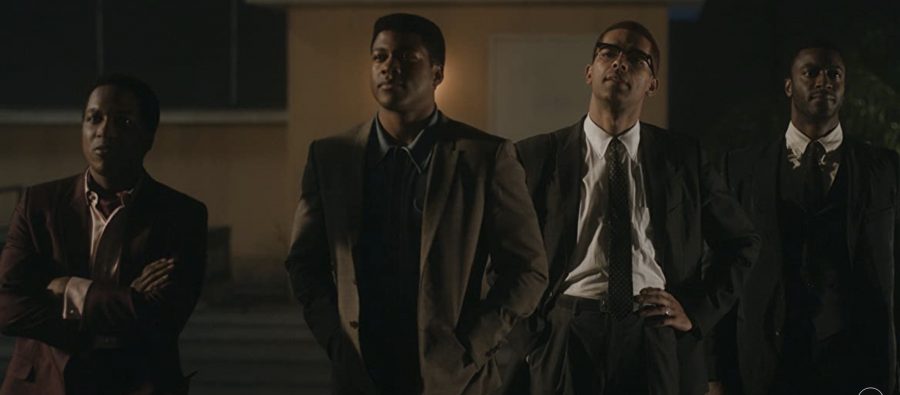
This stagelike historical drama is about a meeting between Malcolm X, Jim Brown, Sam Cooke, and Muhammad Ali, the night Ali became world champion and announced he became Muslim.
And here is the thing: Malcolm X and Muhammed Ali have been portrayed many times in film, but never with this much nuance. Their relationship with each other is often frictional and their relationship to their faith is recognizable: they’re not always sure about it, and they take breaks.
Ali smuggles alcohol without Malcolm knowing, Malcolm is accused of being obsessed with celebrity (and later of colorism), Jim Brown is insecure about being an actor, and Sam Cooke wishes he wrote a Bob Dylan song.
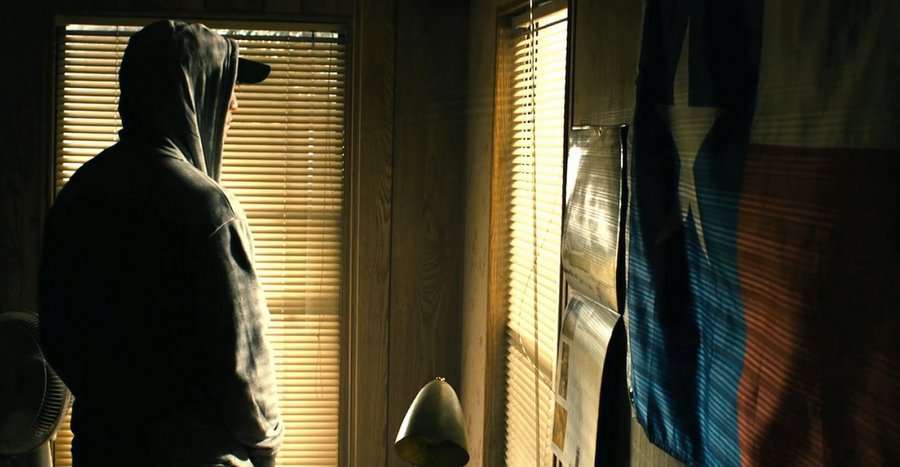
Simply titled The Imposter, this film by English documentary maker Bart Layton tells an unbelievable tale. Any plot summary doing this film justice has to err on the side of brevity, which is why it will be only one line long: this is the story of Frederic Bourdin, a serial imposter nicknamed “The Chameleon”, who at one time claimed to be the missing son of a family from Texas. The film is so well-shot that it is hard to tell fact from fiction at times and it will force you to remind yourself that this is in fact real life. Expect twists and turns at every corner and brilliant storytelling from real people. If Christopher Nolan created a 48-hour story, it would pale in comparison to this film.

